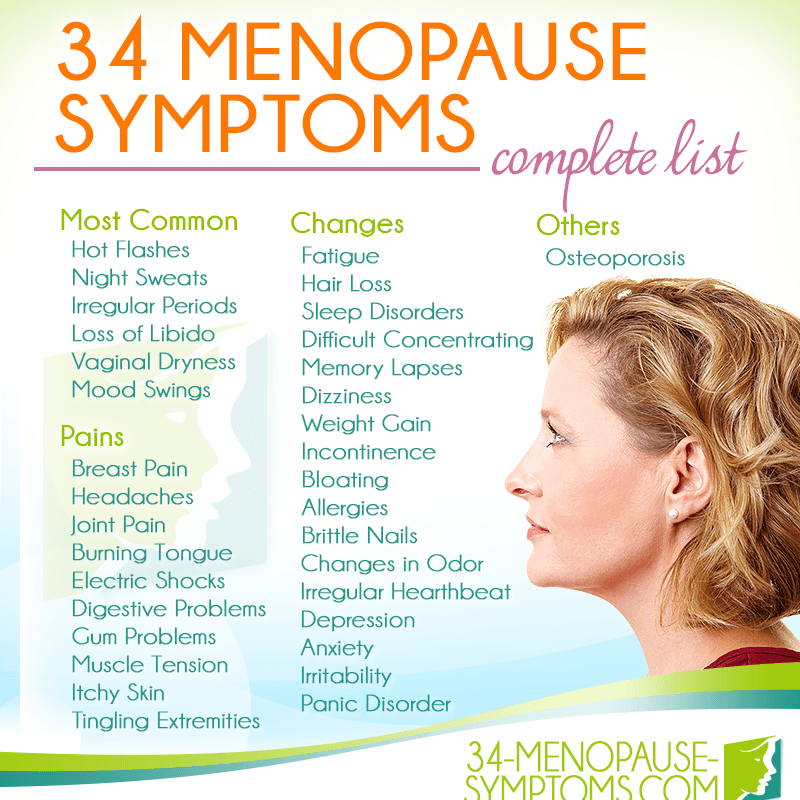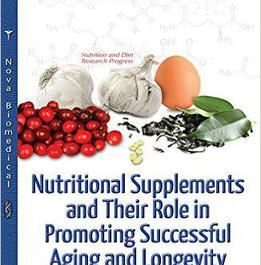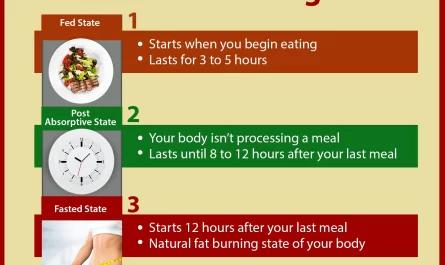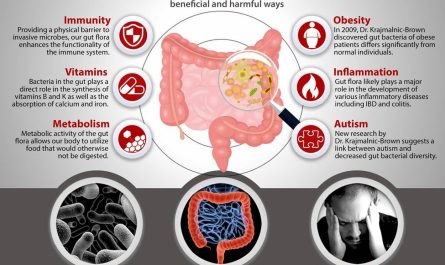Menopause is a natural phase in a woman’s life that signifies the end of her reproductive years. It is a time when hormonal changes occur, leading to a variety of physical and emotional symptoms. To manage the challenges that come with this transitional period, proper nutrition plays a crucial role in supporting overall health and easing menopause symptoms. In this article, we will explore the importance of nutrition during menopause and provide tips on how to maintain a balanced diet.
Understanding Menopause
Menopause typically occurs between the ages of 45 and 55, but the exact timing can vary from person to person. It is characterized by a decline in estrogen and progesterone levels, leading to a range of symptoms such as hot flashes, mood swings, weight gain, and changes in bone density. While menopause is a natural process, its associated symptoms can significantly impact a woman’s quality of life.
The Role of Nutrition
Nutrition plays a vital role in managing menopause symptoms and supporting overall well-being. A well-balanced diet can help alleviate hot flashes, boost energy levels, support bone health, maintain a healthy weight, and improve mood stability. Here are some key tips for nutrition during menopause:
1. Consume a Variety of Nutrient-Dense Foods
Eating a wide range of nutrient-dense foods is essential for meeting your body’s changing nutritional needs. Include plenty of fruits, vegetables, whole grains, lean proteins, and healthy fats in your diet. These foods provide essential vitamins, minerals, antioxidants, and fiber that are beneficial for hormone regulation and overall health.
2. Prioritize Calcium and Vitamin D
During menopause, the risk of osteoporosis increases due to a decrease in estrogen levels. To support bone health, focus on consuming foods rich in calcium and vitamin D. Dairy products, leafy greens, almonds, fortified plant-based milk, and fatty fish like salmon are excellent sources of these nutrients.
3. Opt for Phytoestrogens
Phytoestrogens are plant compounds that have a similar structure to estrogen. They can help balance hormone levels and alleviate menopausal symptoms. Foods rich in phytoestrogens include soy products, flaxseeds, tofu, tempeh, lentils, and chickpeas.
4. Stay Hydrated
Drinking an adequate amount of water is crucial for overall health, especially during menopause. It helps support digestion, regulates body temperature, and prevents dehydration. Aim to drink at least 8 glasses of water per day, and reduce your consumption of sugary beverages and caffeine, as they can exacerbate hot flashes.
5. Limit Processed Foods and Added Sugars
Highly processed foods and added sugars can contribute to weight gain and potentially worsen menopausal symptoms. Limit your intake of refined carbohydrates, sugary snacks, processed meats, and fast food. Instead, opt for whole, unprocessed foods to nourish your body and maintain a healthy weight.
Additional Lifestyle Considerations
In addition to a healthy diet, there are other lifestyle factors to consider for managing menopause:
1. Regular Exercise
Engaging in regular physical activity can help manage weight, enhance bone strength, reduce stress, and improve mood. Aim for at least 150 minutes of moderate-intensity aerobic activity per week, along with strength training exercises to maintain muscle mass.
2. Stress Management
Menopause can be accompanied by increased stress levels and mood swings. Practicing stress management techniques such as meditation, deep breathing exercises, yoga, or engaging in hobbies can promote overall well-being and emotional balance.
3. Quality Sleep
Many women experience disrupted sleep patterns during menopause. To promote better sleep, establish a relaxing bedtime routine, create a comfortable sleeping environment, limit alcohol and caffeine intake, and engage in regular exercise.
4. Seek Support
Menopause can be a challenging time for many women. Reach out for support from friends, family, or join local support groups to share experiences and gain valuable insights from others going through the same journey.
Menopause is a significant phase in a woman’s life that brings about hormonal changes and various symptoms. By adopting a healthy lifestyle and focusing on nutrition, women can effectively manage these changes and improve their overall well-being. Prioritizing a balanced diet, consuming nutrient-dense foods, staying hydrated, and maintaining a physically active lifestyle are key to alleviating menopause symptoms and promoting optimal health during this crucial transition.




